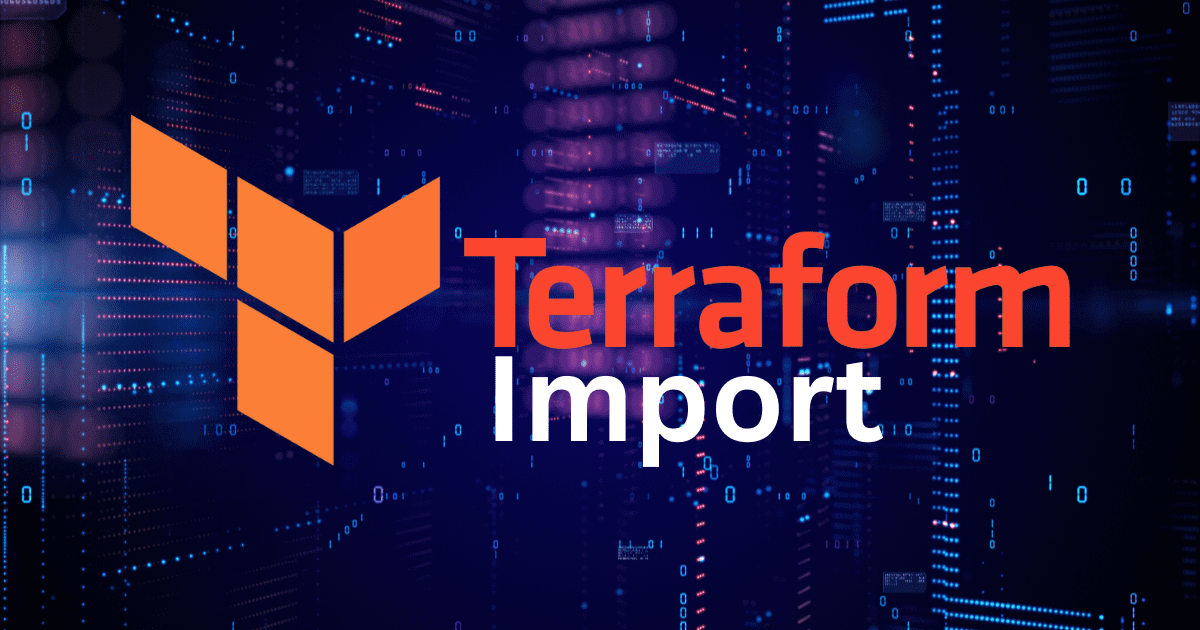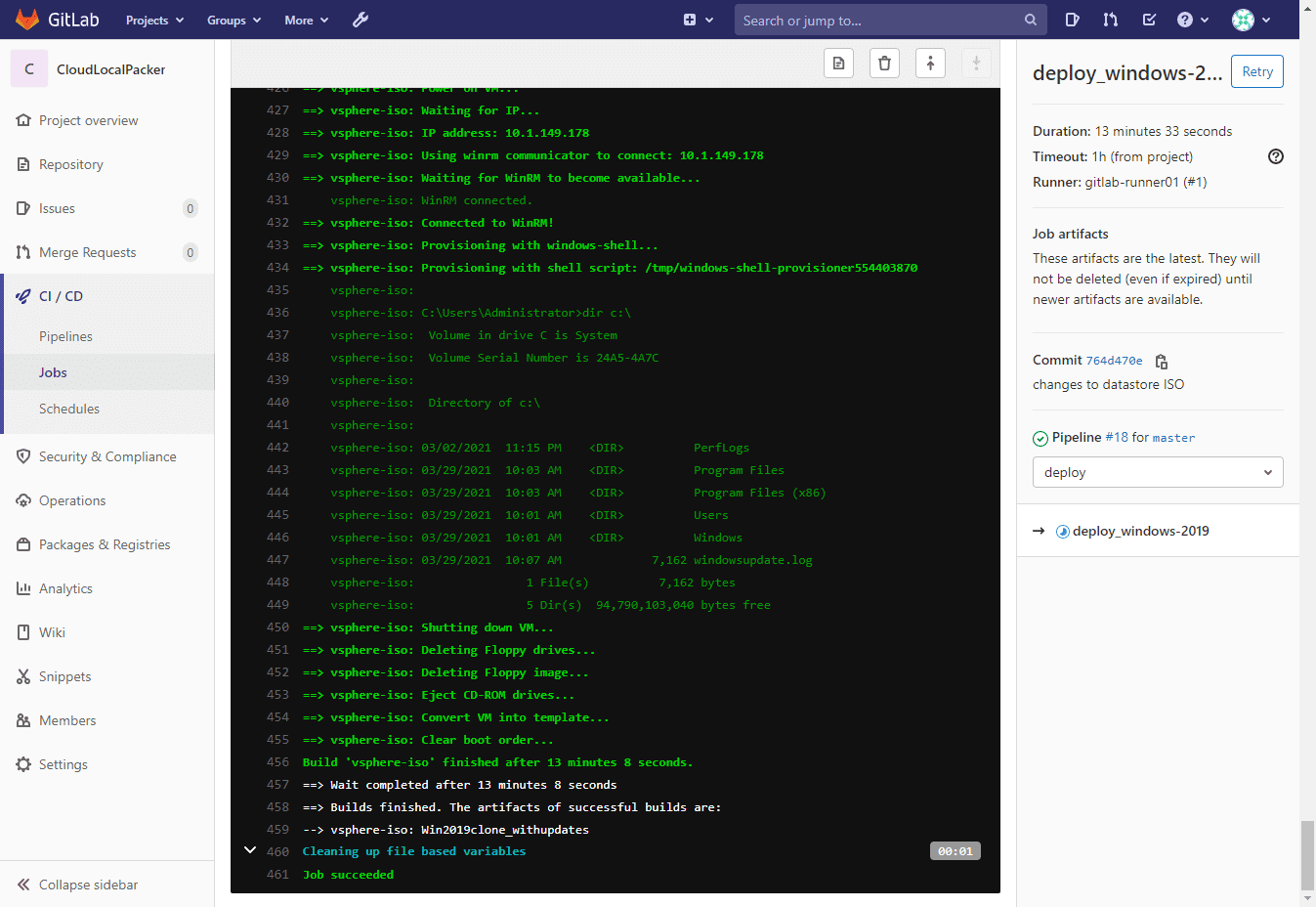In this guide, we’ve compiled the top 25 DevOps automation tools in 2023 (plus 1) to help you enhance your workflow and streamline your software development processes. What DevOps automation tool are you using? Note the following popular DevOps automation tools and project management tools.
Table of contents
- 1. ChatGPT
- 2. Jenkins
- 3. GitLab
- 4. Docker
- 5. Kubernetes
- 6. Ansible
- 7. Terraform
- 8. Puppet
- 9. Chef
- 10. CircleCI
- 11. Travis CI
- 12. Bamboo
- 13. Azure DevOps
- 14. AWS CodeStar
- 15. Google Cloud Build
- 16. Spinnaker
- 17. Argo CD
- 18. Octopus Deploy
- 19. Harness
- 20. GitOps
- 21. Prometheus
- 22. Grafana: Visualization and Analytics
- 23. ELK Stack
- 24. SonarQube
- 25. JFrog Artifactory
- 26. Selenium
1. ChatGPT
It has been thought after some analyzing of how generative AI will help programmers and DevOps engineers that code can be generated up to 25X faster. There is no question this is a game changing development across the board. For 2023, it is the most significant development in DevOps.

2. Jenkins
Jenkins is one of the best CI/CD tools and code repos known to most in their environments. It has tons of features and it has been around so long that there are arguably the most integrations with Jenkins compared to any other solution.

3. GitLab
GitLab is my personal choice of a CI/CD solution and self-hosted repo that can do the job you need it to for CI/CD. It is easy to use and stand up and has really good features across the board. I like the interface better than Jenkins personally.

4. Docker
Docker needs no introduction. It allows us to run applications like never before and is really the heart of most DevOps operations since it allows running solutions and CI/CD pipelines with Docker containers.
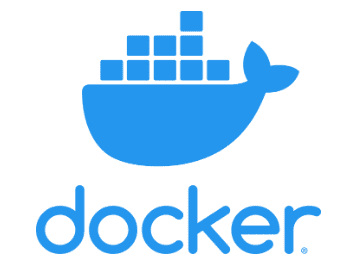
5. Kubernetes
Kubernetes is THE defacto standard in container orchestration. It also needs no introduction and is what everyone is using to run containers at scale and with features like RBAC, high availability, and other really good benefits for production environments.
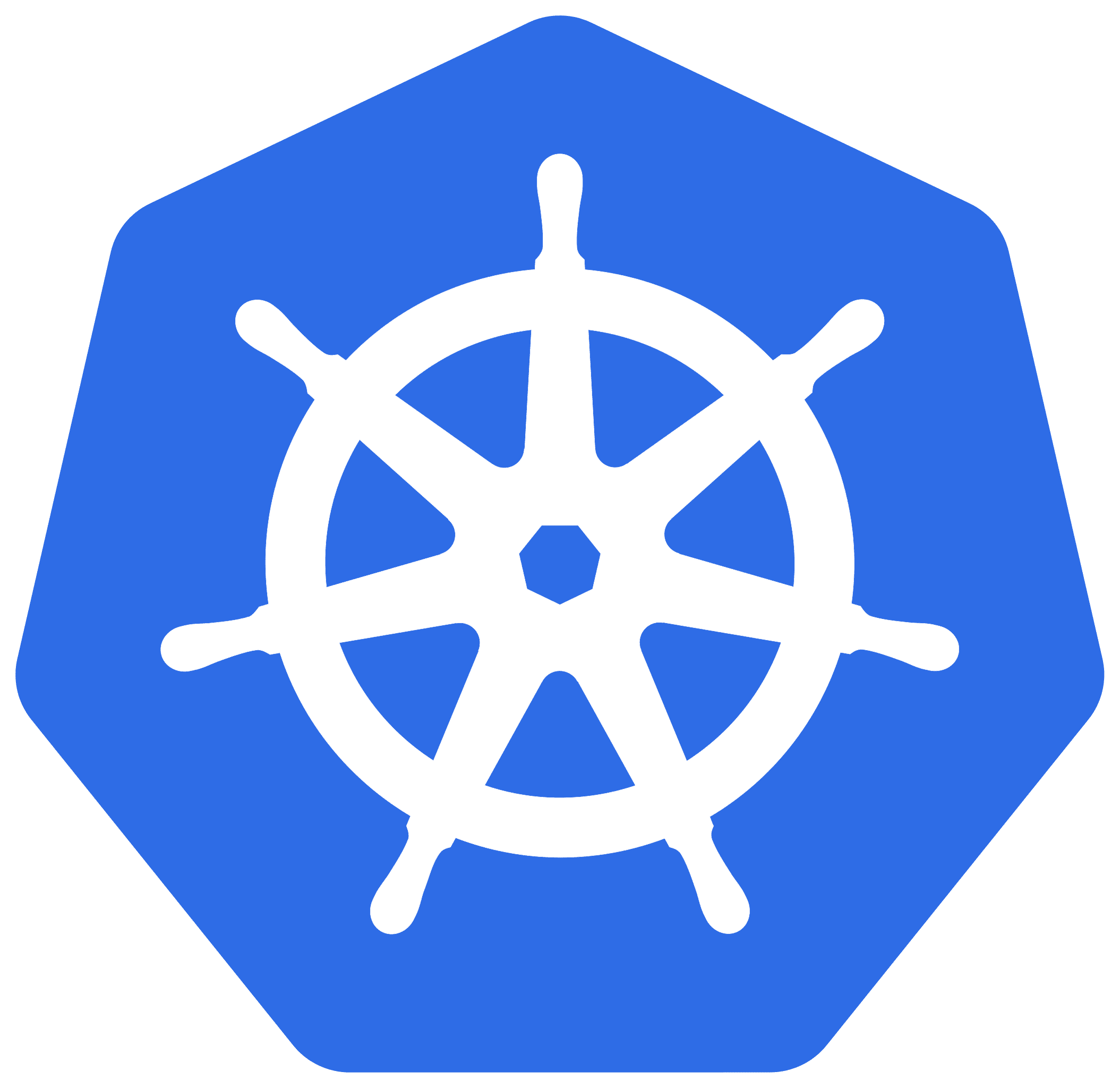
6. Ansible
Ansible is the best known configuration management tool in use today and has tons of modules that allow you to run tasks against just about any environment you want. It is fairly easy to learn and it doesn’t require agents to be installed on the target systems, which is great!
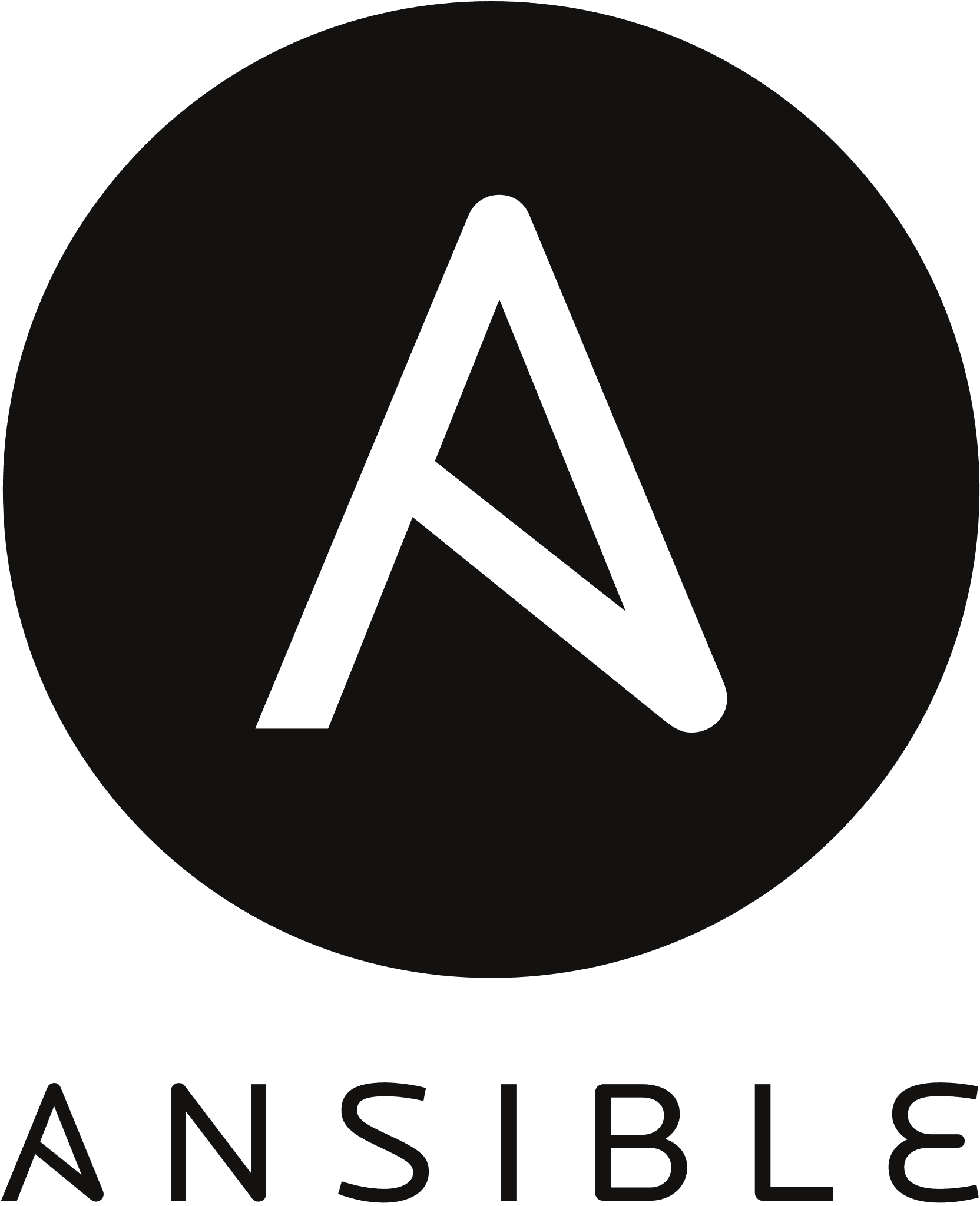
7. Terraform
Terraform is like the gold standard in IaC from most’s perspective. It allows you to capture your infrastructure in terms of code. In the state file you have a state of the infrastructure that is used to make changes build or tear it down. It makes your environment look like what you describe in the Terraform files.
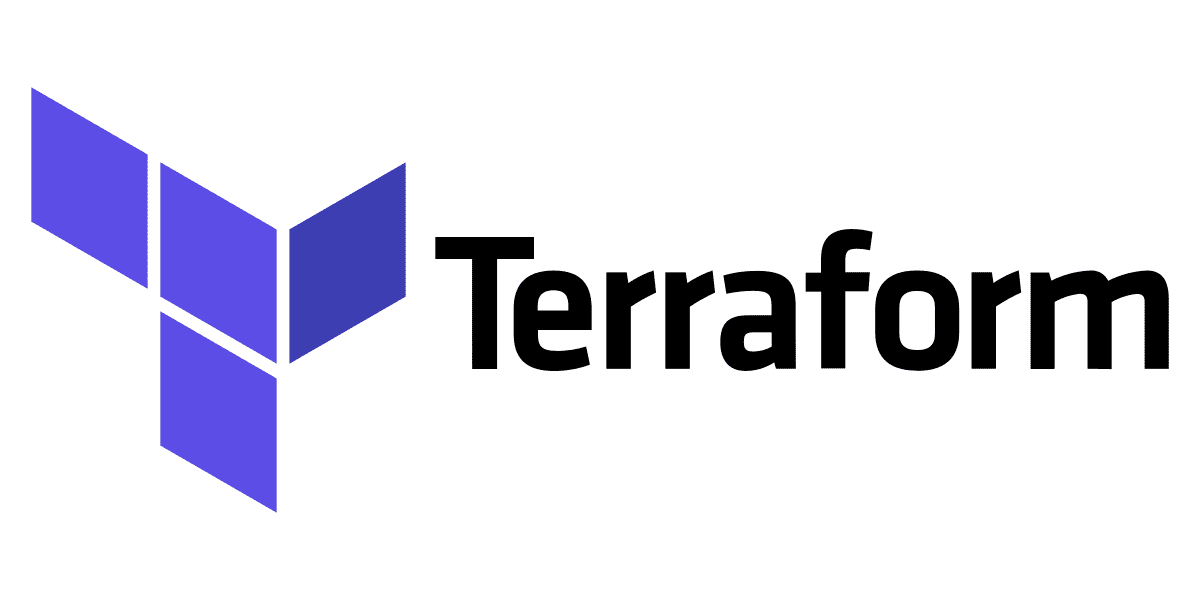
8. Puppet
Puppet has been around a long while. Many organizations have used it for quite some time now. It isn’t quite as popular as Ansible, but still has great features and many have built their DevOps frameworks around it.
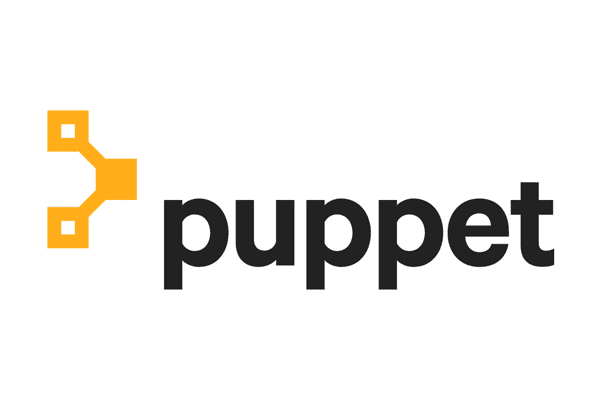
9. Chef
Chef is another popular tool that has been around quite a while for configuration management. It uses a Ruby-based DSL (domain-specific language) of writing the IaC code, so it is definitely quite a bit more challenging than YAML based solutions like Ansible. It also requires agents.
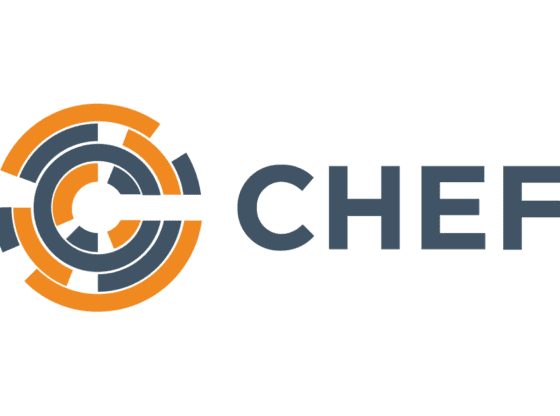
10. CircleCI
CircleCI is a solution with deploy and with version control systems like Git. It has many integrations and a good user interface.
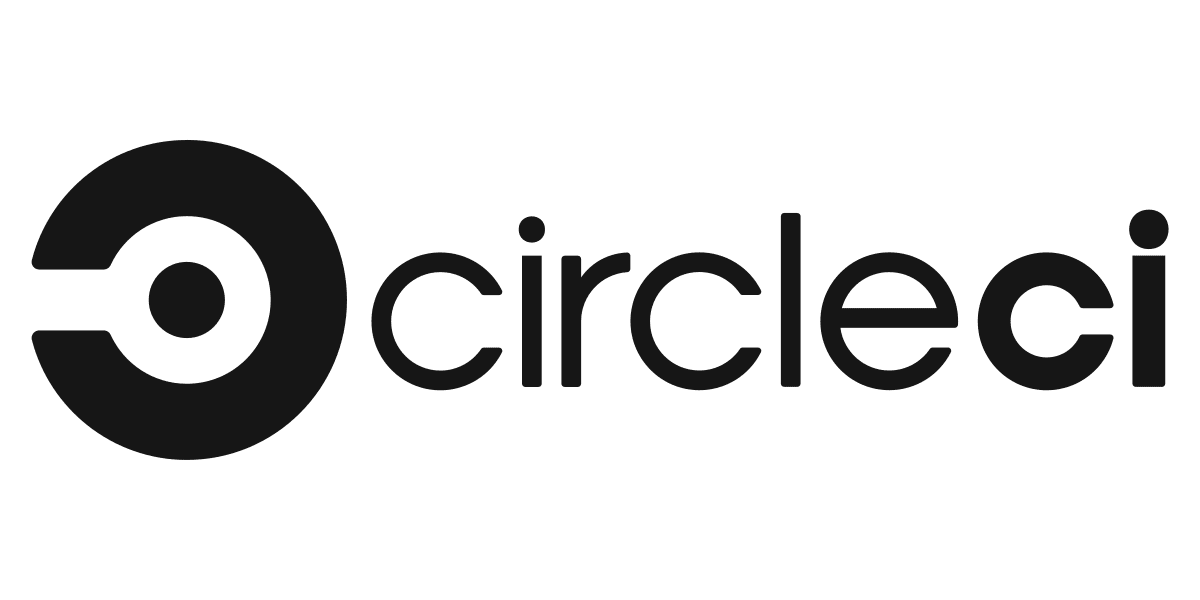
11. Travis CI
Travis CI is another popular choice for CI/CD in Java virtual machine projects and other software development processes.
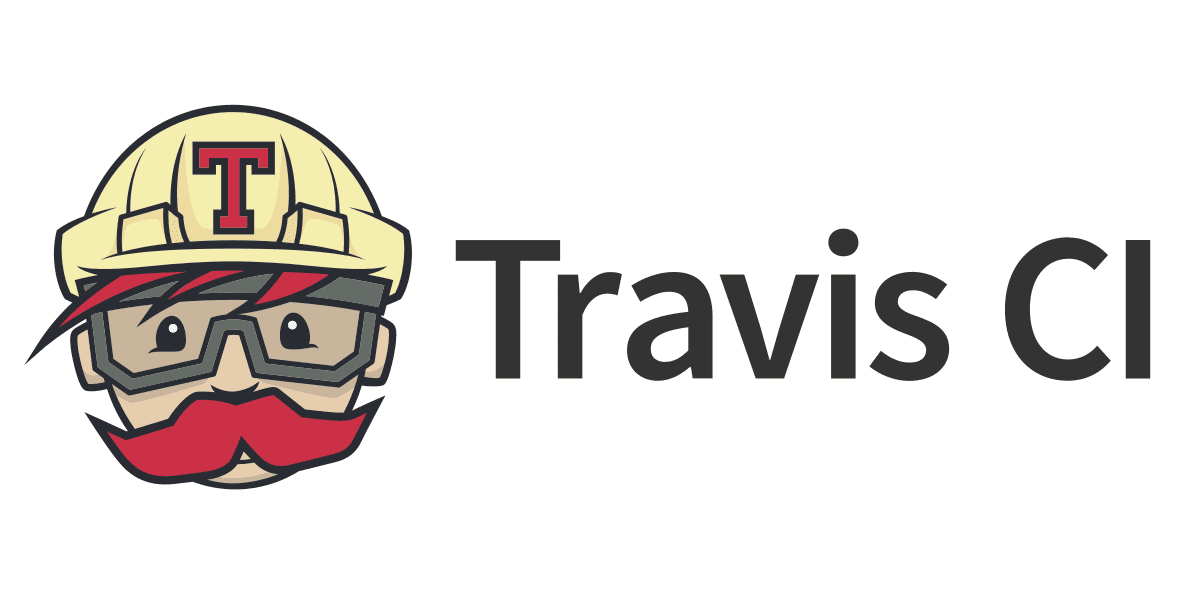
12. Bamboo
Bamboo, is another tool that is used by many for continuous integration and deployment. It is a tool that was created and developed by Atlassian. So as you can imagine, it integrates with other Atlassian products like Jira and Bitbucket as you would think. It supports several programming languages, allows you to test environments, and it allows you to deploy to various targets.

13. Azure DevOps
Azure DevOps is a suite of tools from Microsoft. It combines many different tools, that helps you simplify, plan, helps you build, and helps in deploying applications. It has services, including Azure Boards for project management, Azure Repos for version control, and Azure Pipelines for CI/CD.
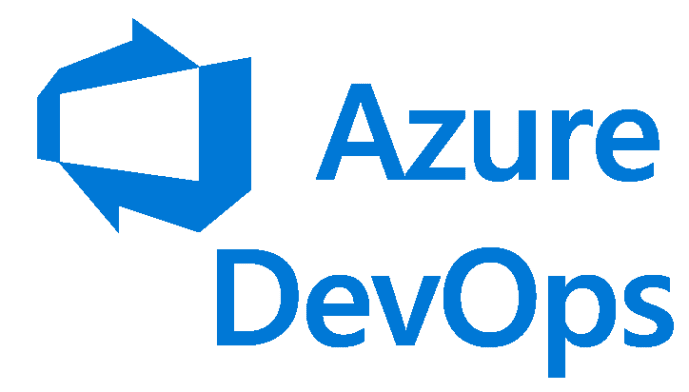
14. AWS CodeStar
AWS CodeStar helps teams with developing, building, and deploying applications on AWS as it is fully managed as a SaaS product for teams. It has many sets of tools for users and integrations that allows DevOps pros as well as others with the software delivery process.
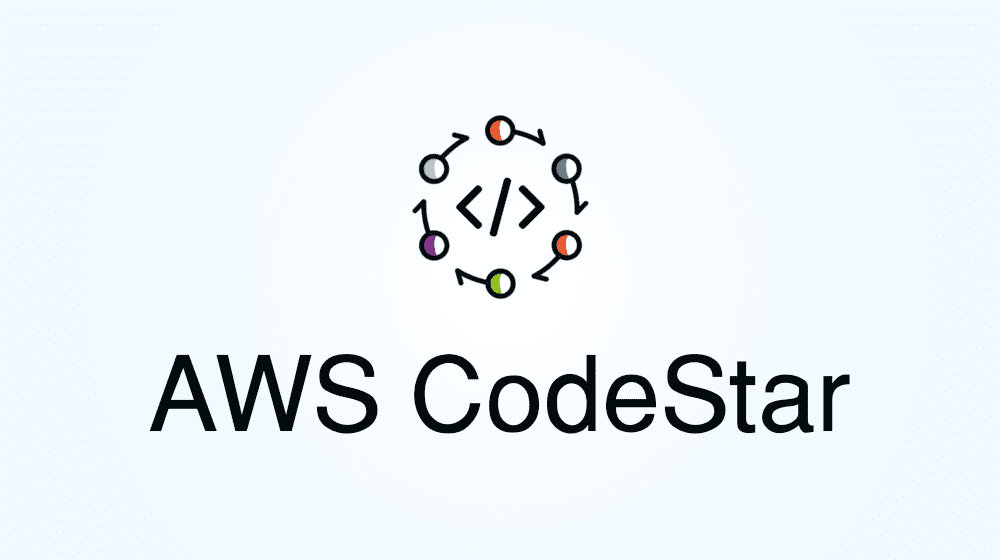
15. Google Cloud Build
Google Cloud Build is a managed service for building and testing apps inside the Google Cloud Platform. It has things like automatic build triggering for users, parallel builds you can use, and integration with other GCP services and solutions.
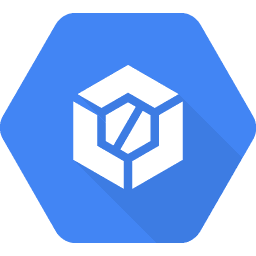
16. Spinnaker
Spinnaker is an open-source, continuous delivery platform that releases software changes quickly and easily for DevOps teams. It supports many cloud platforms like AWS, GCP, and Microsoft Azure. It enables you to automate your applications’ deployment, verification, and rollback.
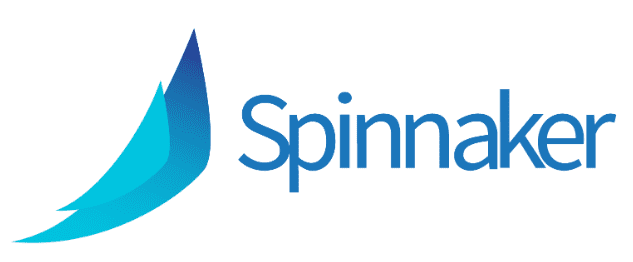
17. Argo CD
Argo CD is a declarative GitOps continuous delivery tool for Kubernetes applications. It makes your environment proactive based on GitOps delivery. If the repo changes, argo will make sure your Kubernetes environment has the latest changes to match what is in the rep.
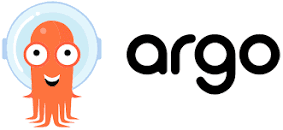
18. Octopus Deploy
Octopus Deploy is an automation server that simplifies deployment and release management for .NET, Java, and other applications. It has good integrations and many features for DevOps teams.

19. Harness
Harness is a continuous delivery-as-a-service platform. It automates deployment, verification, and rollback. It integrates with popular and commonly used DevOps tools, and has good monitoring features.
20. GitOps
GitOps is more a methodology or way of doing things than it is a solution in itself. It uses Git repositories as a single source of truth. So the Git repo is updated and then the infrastructure is made to look like the Git repo.
21. Prometheus
Prometheus is well known for being an open-source monitoring and alerting solution that offers features like data capturing, collection, and integrates with other open-source tools like Grafana and Telegraf.
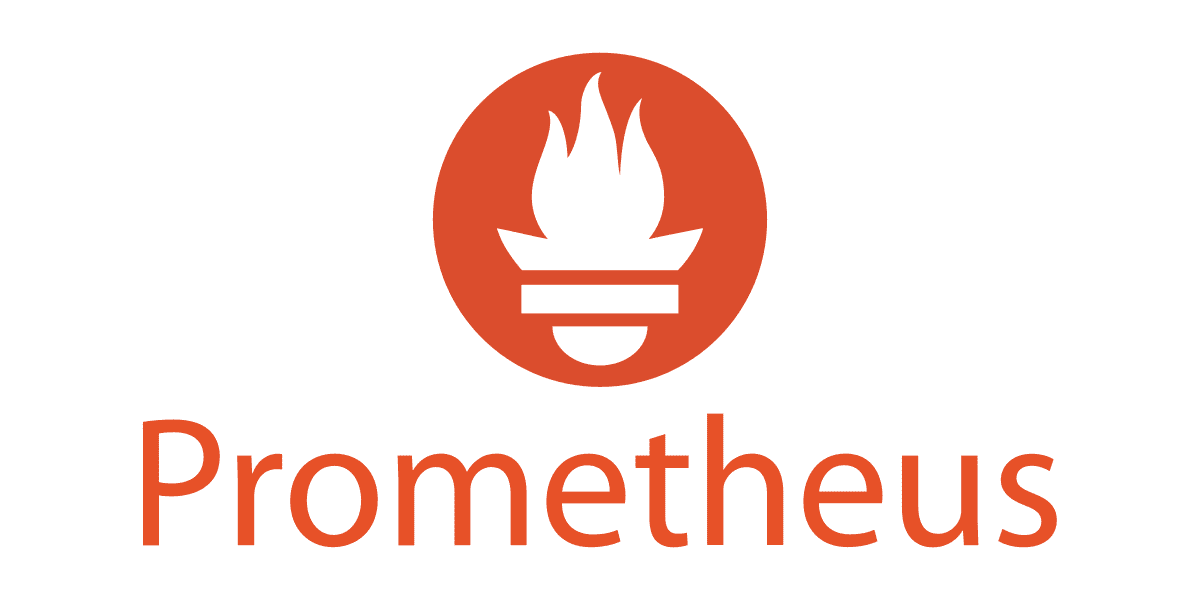
22. Grafana: Visualization and Analytics
Grafana is a really popular open-source visualization and analytics tool that allows you to visualize your data and metrics in a way that makes them much easier to understand and visualize. There are readily available dashboards that can be downloaded for free and have the hard work of building the graphs already done.
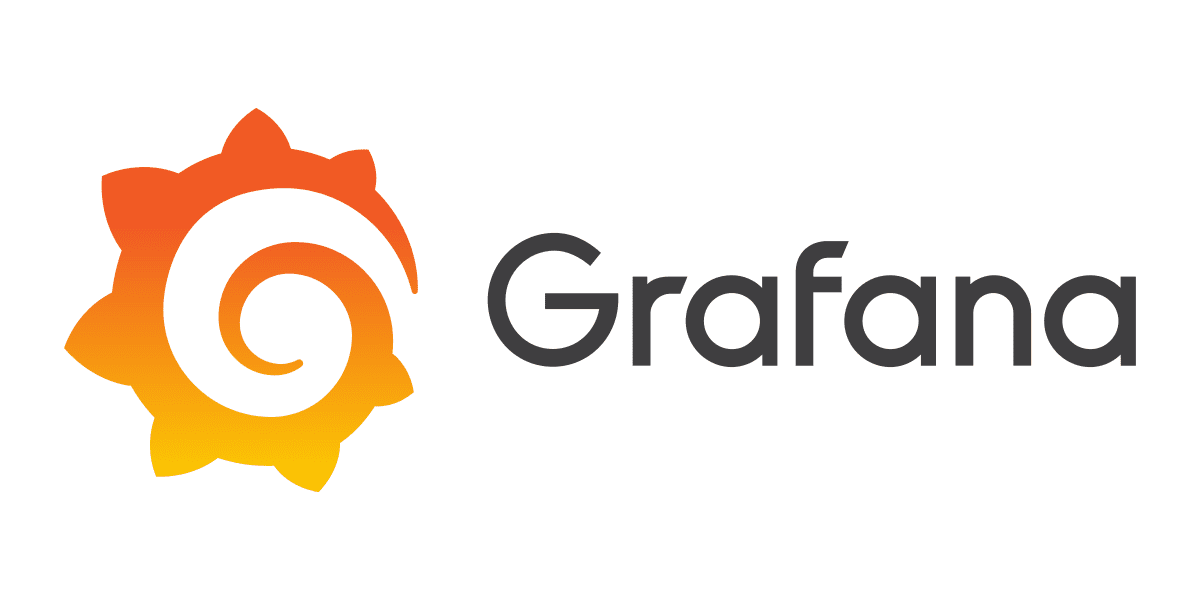
23. ELK Stack
ELK Stack (Elasticsearch, Logstash, and Kibana) is extremely popular. It provides many different benefits and capabilities, including log collection, storage, and visualization tool set.

24. SonarQube
SonarQube is an open-source platform that can help DevOps teams improve the quality of their code across the board.
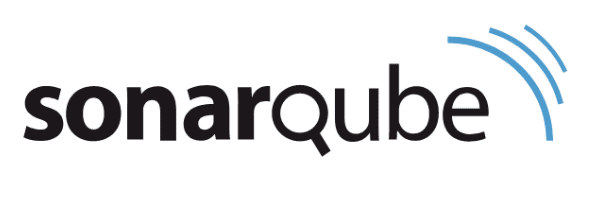
25. JFrog Artifactory
JFrog Artifactory is a universal artifact repository manager and it that supports various package formats, including Maven, Docker, and npm which are popular in the enterprise today.
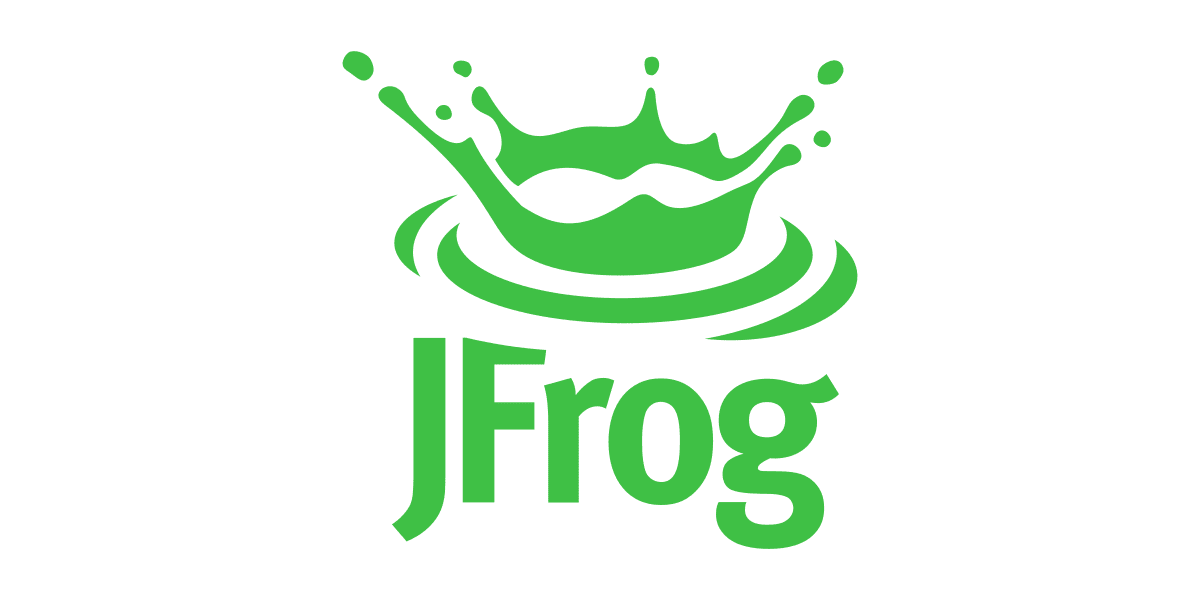
26. Selenium
Selenium is an open-source web testing framework that many DevOps and others can use. It allows teams like DevOps teams to automate browsers and test functionality related to web tools, and makes browser and web application testing much easier.

Wrapping up
These are some of the better tools for DevOps in 2023 that you can use for your various DevOps projects that can be spun up. You need to keep in mind that there are many other solutions and tools out there you can try and this list is just a good starting point for many to know of various solutions out there. Let me know in the comments if there are other tools on your list you like to use.
Google is updating how articles are shown. Don’t miss our leading home lab and tech content, written by humans, by setting Virtualization Howto as a preferred source.


